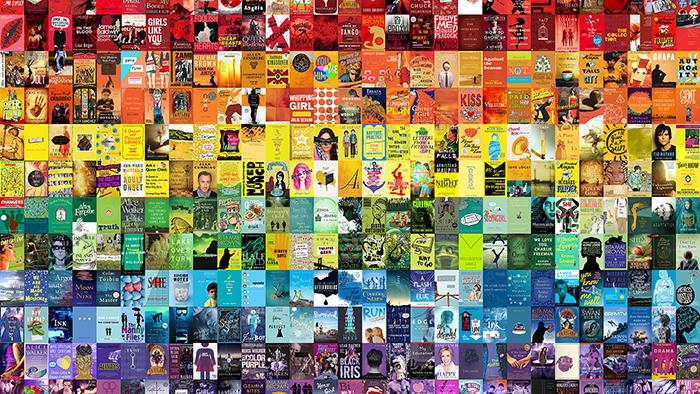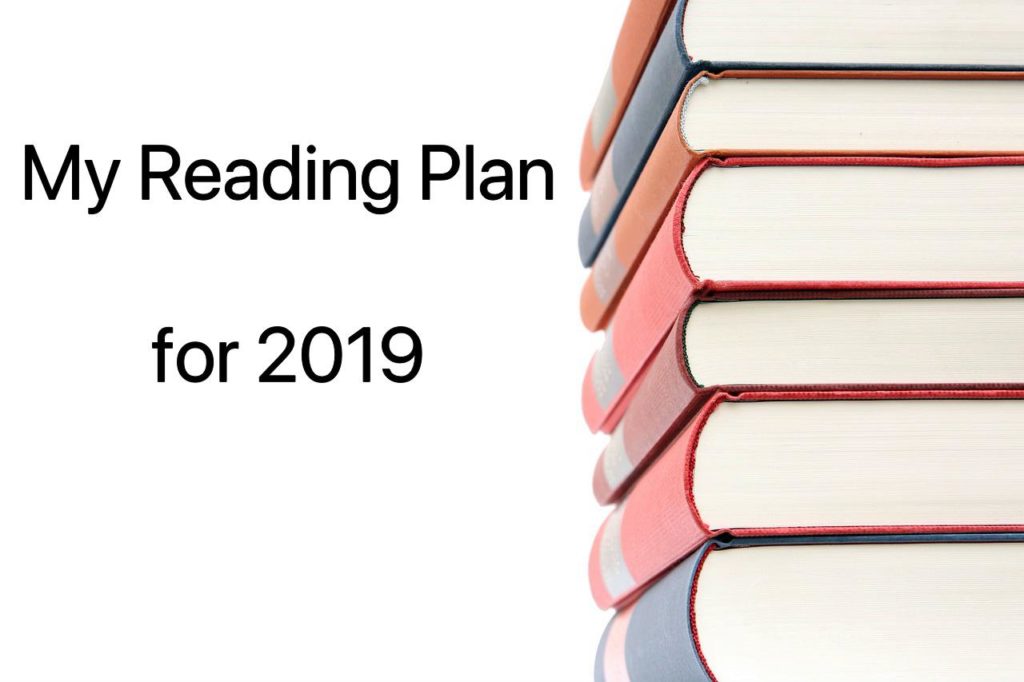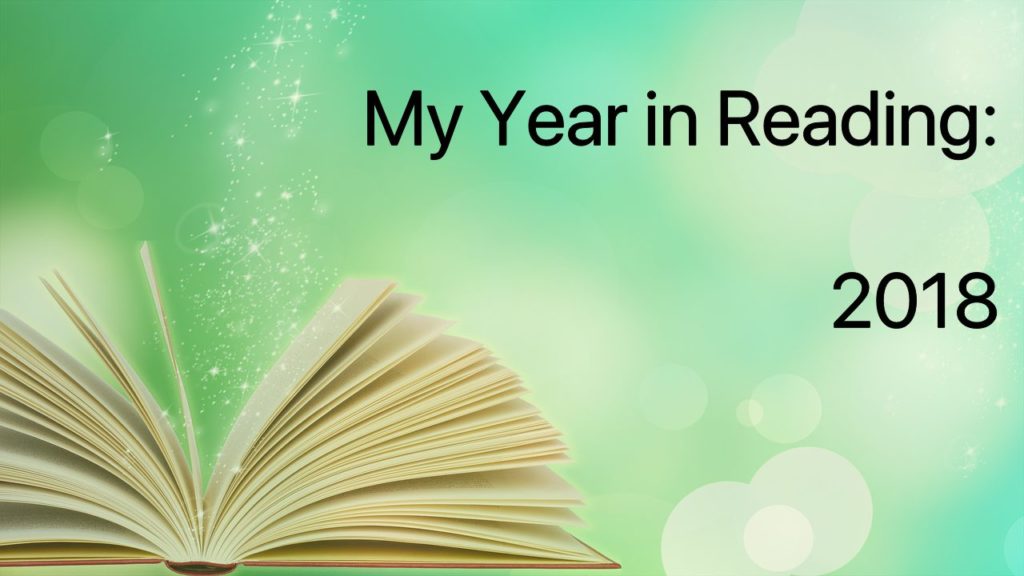Authors/Series I Stopped Reading–For Whatever Reason
What a time-consuming yet fruitful project this turned into. When I started looking back at my long-term reading log for the 6 Degrees of Separation meme, I discovered a lot of authors and/or series that I had begun to enjoy in the past but had not kept up with more recently. Many of these authors and […]
Authors/Series I Stopped Reading–For Whatever Reason Read More »







